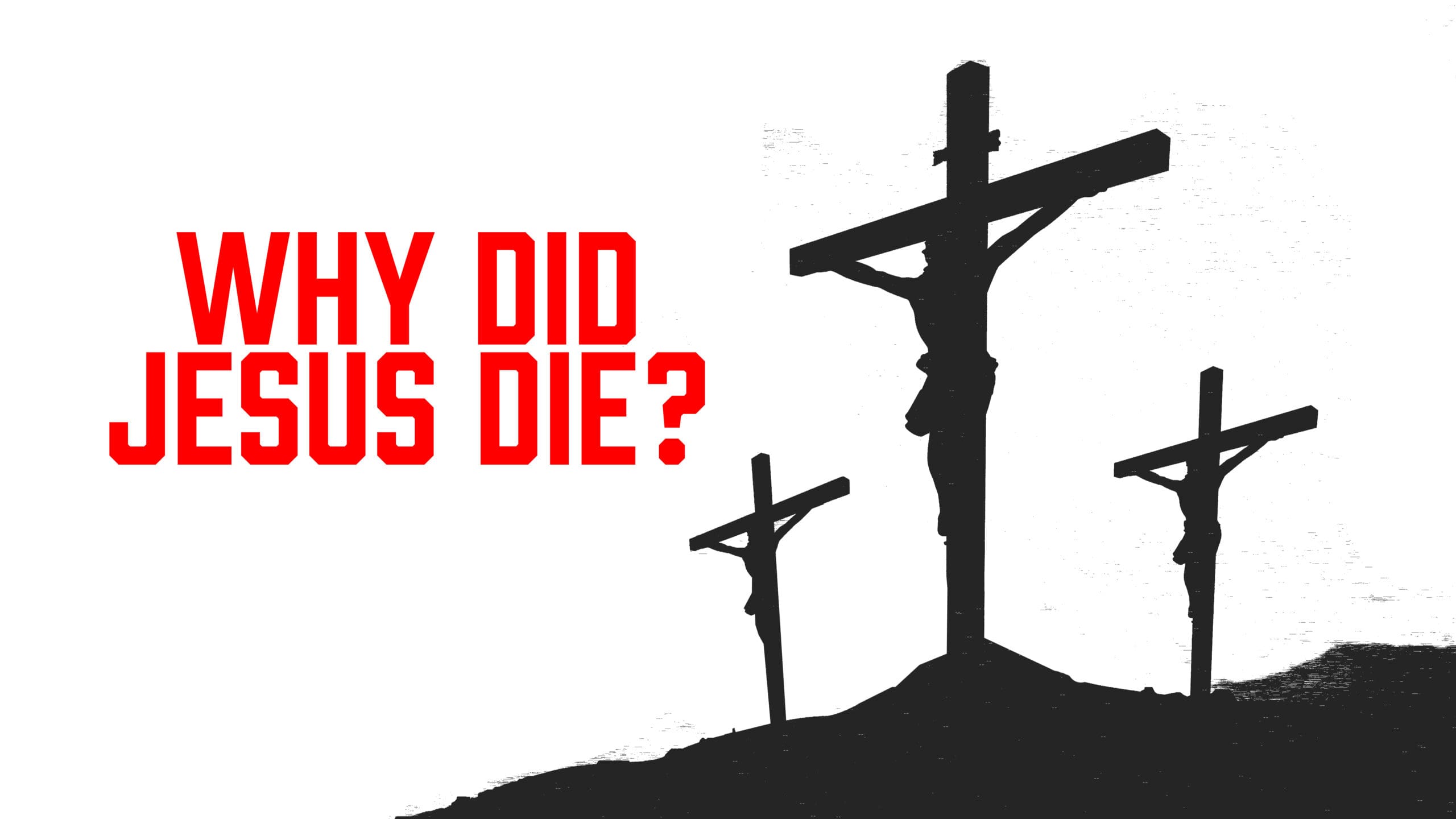Easter is a time of remembrance and celebration. Christians all over the world take this time every year and focus upon the resurrection of Jesus. The Friday before Easter Sunday is Good Friday when we intentionally remember the death of Jesus on a Roman cross. But why is this story of Jesus’ death so important? Was it really necessary for Jesus to die? Surely there must have been a different way to gain salvation.
Simply put, Jesus had to die. This was His purpose in coming to this world and living a human life. In the beginning chapters of Luke’s gospel, Simeon prophesies to Mary and Joseph about the life of hardship that Jesus would endure that would eventually lead to His death (Lk. 2:22-35). At the beginning of Jesus’ public ministry when He is baptized, John the Baptist declares “Behold, the Lamb of God, who takes away the sin of the world!” (Jn. 1:29) So even in the beginning of Jesus’ life and ministry He is identified as one who would suffer and bear the weight of death. But there is a key connection in John’s declaration. He rightly identifies Jesus as the Lamb of God. This connects Jesus with the lambs used in the sacrificial system of Israel; harkening all the way back to the Levitical law given by God to Moses and the people of Israel in the desert. According to the law, without the shedding of blood there is no forgiveness of sins (Heb.9:22). The wages of sin and rebellion is death (Rom. 6:23). God, in His mercy, gave to Israel the sacrificial system that would “cover” their sins. But this system was only a shadow of the reality that would one day come. Jesus came to fulfill the law and prophets as the Messiah. He is fully God and fully man. In His being, therefore, He perfectly subjected human will to the will of God – even unto death. In so doing, Jesus made a new way to be human and cleared the path to reconcile humanity with God.
The writer of Hebrews helps us think through the connection of the sacrificial system and Jesus. Throughout the book, Jesus is portrayed as being better than what came before. Jesus is better than the many people and practices taught about in the law and the prophets. They were but a silhouette of the heavenly reality of Jesus Christ. In Hebrews 9:11-12 the author compares Jesus with the sacrificial system and writes, “But when Christ appears as a high priest of the good things that have come, then through the greater and more perfect tent (not made with hands, that is, not of this creation) he entered once for all into the holy places, not by means of the blood of goats and calves but by means of his own blood, thus securing an eternal redemption.” While the blood of bulls, goats, and lambs only served as a symbol of redemption and propitiation, Jesus’ blood is better and therefore covers fully and finally those who are saved. Jesus’ death was necessary because through the shedding of His innocent and perfect blood, He became our propitiation (a sacrifice that satisfies the righteous wrath of God towards our sin) (Rom. 3:25). He is our substitute by taking our rightful place in death (Rom. 4:25). What’s more, He has made a way for us to be reconciled with God (Eph. 2:14-16). Christ’s sacrifice not only stands as a full and final atonement on behalf of sinful humans, it also is the very act that brings peace. It is through His broken body that God has reconciled His people to Himself (2 Cor. 5:11-21).
So, we see that Jesus’ death was necessary as a penal substitutionary atonement. It was penal because at the cross, Jesus took upon His shoulders the penalty for sin which is death. It was substitutionary in that Jesus took the wrath of God that was rightly reserved for us on account of our sins. It was atonement because in the shedding of His blood, the wrath of God is satisfied, and a way is made for us to be reconciled to Him. The cross event beckons our response. We will either respond in scoffing and rejection or in reverence and faith. I pray that you will respond in repentance and faith and see at the cross the beautiful union of the justice and mercy of God.
6 For while we were still weak, at the right time Christ died for the ungodly. 7 For one will scarcely die for a righteous person—though perhaps for a good person one would dare even to die— 8 but God shows his love for us in that while we were still sinners, Christ died for us. 9 Since, therefore, we have now been justified by his blood, much more shall we be saved by him from the wrath of God. 10 For if while we were enemies we were reconciled to God by the death of his Son, much more, now that we are reconciled, shall we be saved by his life. 11 More than that, we also rejoice in God through our Lord Jesus Christ, through whom we have now received reconciliation.
Romans 5:6-11
In Christ alone! – who took on flesh,
Fullness of God in helpless babe.
This gift of love and righteousness,
Scorned by the ones He came to save
Till on that cross as Jesus died,
The wrath of God was satisfied
For every sin on Him was laid
Here in the death of Christ I live.
In Christ Alone, Verse 2

